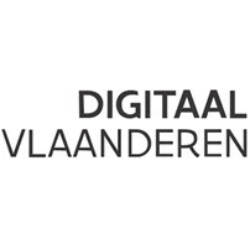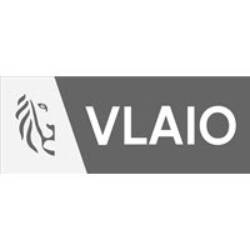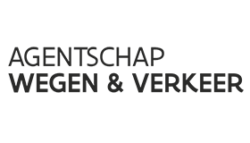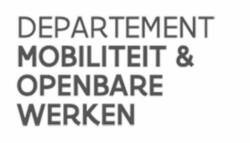Generic Information Platform Public Domain (Generiek Informatieplatform Openbaar Domein - GIPOD)
GIPOD is athumi's digital sharing platform. It gathers, standardises and re-uses data concerning utility and road works. GIPOD connects data about planned excavations, works, events, parking bans and nuisances in public space.
The information network provides cable and pipeline network operators, public domain managers and the Flemish transport company De Lijn with an environment for data sharing. In GIPOD, they can enter, manage and query data concerning (ground) works, events and nuisance.
GIPOD: utility and road works platform
PPD enables utility companies, local authorities and contractors to coordinate their work. The platform helps them to reduce disruption time by bundling projects.
GIPOD also streamlines administrative processes, such as applications for traffic signal permits.
The use of GIPOD is compulsory:
- for excavation work in public space: all excavation works are registered on this information platform. In preparation for substantial ground works, contractors use GIPOD to seek synergies and limit disruption by bundling projects.
- for local authorities and domain managers: they process applications for traffic signal permits and earthworks and traffic disruption in GIPOD or through their tools to enrich the existing GIPOD data further. Local authorities also register any works and events that may cause traffic disruption for longer than 24 hours.
GIPOD has been in existence since 2012 and was upgraded in 2021 with new functionalities added at the request of partners. In 2022, the option was added to process applications for traffic signal permits and register additional traffic disruption through GIPOD. Utility companies now have the option to apply for domain permits from local authorities through GIPOD.
Smart coordination of works and events in public space
The impact of increasing traffic flows, works on the public domain and events increases every year. There is therefore a need for more smart coordination and cooperation for the public domain.
GIPOD provides all parties with clarity regarding nuisances in public space. Creating synergies helps contractors to work more efficiently and dig up roads and pavements less frequently.
Making data available enables transport companies like De Lijn to plan deviations but also benefits users of broad platforms such as Waze, allowing them to pick better routes.
The advantages of GIPOD
- Less disruption: By helping all parties involved to coordinate works with the public domain and combine them where necessary.
- Fewer conflicts: By helping local authorities maintain an overview of all planned (earth) works and events on their territory. This way they can proactively avoid conflicts.
- Budgetary advantage: Through better cooperation during earthworks, roads and sidewalks are broken up less often. At the same time, this saves on the costs of the parties involved. A clear win-win situation.
- Nuisance premiums awarded more smoothly: By proactively informing small businesses about VLAIO's nuisance premium, they are awarded more smoothly.
GIPOD as a future-oriented data platform
GIPOD allows specific data to flow safely and smoothly between companies and governments. In the future, we will enrich this information with data from the Cable and Pipeline Information Portal. (Kabel- en Leidinginformatieportaal - KLIP)
Plan requests for excavation work made in KLIP will immediately show whether other works are planned at that location in the GIPOD. A clear example of the added value of connected data.







